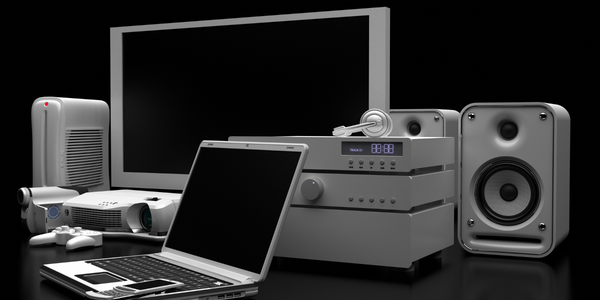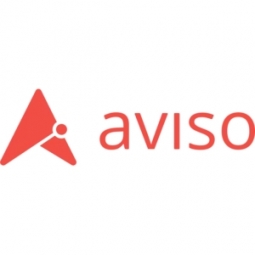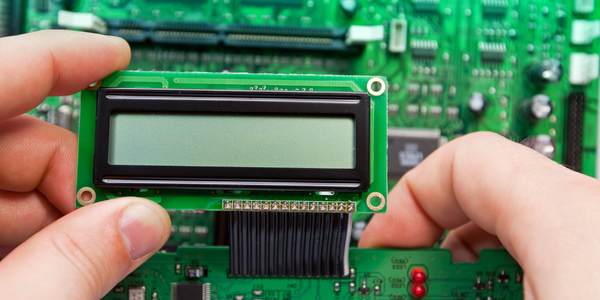公司规模
Large Corporate
国家
- United States
产品
- Aviso AI
技术栈
- CRM
- AI
实施规模
- Enterprise-wide Deployment
影响指标
- Cost Savings
- Productivity Improvements
- Revenue Growth
技术
- 分析与建模 - 预测分析
- 应用基础设施与中间件 - API 集成与管理
适用行业
- 电子产品
适用功能
- 销售与市场营销
- 商业运营
用例
- 预测性维护
- 供应链可见性(SCV)
服务
- 软件设计与工程服务
- 系统集成
关于客户
霍尼韦尔是一家跨国企业集团,生产各种商业和消费产品、工程服务和航空航天系统。该公司分为四个业务部门:霍尼韦尔航空航天、家居和建筑技术 (HBT)、安全和生产力解决方案 (SPS) 以及霍尼韦尔性能材料和技术。霍尼韦尔以其在性能材料和技术、安全和生产力解决方案以及航空航天系统方面的创新而闻名。该公司拥有全球员工队伍,为全球客户提供服务。
挑战
2018 年,霍尼韦尔启动了一项战略计划,为其 CRM 解决方案实施全球设计模型 (GDM)。该计划是一份高层次建议蓝图的结果,这些建议来自霍尼韦尔各个职能部门的 100 多名员工。霍尼韦尔的下一步是找到合适的销售预测工具。目标是提高整个业务部门的销售预测准确性,实现明智的决策,并预测短期和长期业绩。然而,霍尼韦尔面临着几个挑战。这些挑战包括跨业务部门维护的 CRM 实例不连贯、预测短期和长期交易和机会表现的准确性低、缺乏实时交易洞察,以及在未充分利用的 CRM 许可证和无效的通话记录工具上花费过多。
解决方案
Aviso AI 为霍尼韦尔的挑战提供了解决方案。他们为不同团队和企业的管理人员提供统一的预测和汇总。Aviso AI 还通过整合定制的列和层次结构来定制解决方案。这进一步增强了基于角色的推动以赢得更多交易,以及从电话、网络会议和电子邮件的工作流中捕获情绪和基于意图的对话智能。这个全面的解决方案将关键销售流程集成到一个销售 AI 平台上,提供了一个“单一玻璃窗格”解决方案,为每个用户提供实时业务洞察。随着预测准确性的提高,销售经理和领导者能够将重点从预测和报告转移到团队建设和更好的指导上。
运营影响
数量效益

Case Study missing?
Start adding your own!
Register with your work email and create a new case study profile for your business.
相关案例.

Case Study
Remote Temperature Monitoring of Perishable Goods Saves Money
RMONI was facing temperature monitoring challenges in a cold chain business. A cold chain must be established and maintained to ensure goods have been properly refrigerated during every step of the process, making temperature monitoring a critical business function. Manual registration practice can be very costly, labor intensive and prone to mistakes.

Case Study
Cloud Solution for Energy Management Platform-Schneider Electric
Schneider Electric required a cloud solution for its energy management platform to manage high computational operations, which were essential for catering to client requirements. As the business involves storage and analysis of huge amounts of data, the company also needed a convenient and scalable storage solution to facilitate operations efficiently.

Case Study
Leveraging the IoT to Gain a Competitive Edge in International Competition
Many large manufacturers in and outside Japan are competing for larger market share in the same space, expecting a growing demand for projectors in the areas of entertainment, which requires glamor and strong visual performance as well as digital signage that can attract people’s attention. “It is becoming more and more difficult to differentiate ourselves with stand-alone hardware products,” says Kazuyuki Kitagawa, Director of Service & Support at Panasonic AVC Networks. “In order for Panasonic to grow market share and overall business, it is essential for us to develop solutions that deliver significant added value.” Panasonic believes projection failure and quality deterioration should never happen. This is what and has driven them to make their projectors IoT-enabled. More specifically, Panasonic has developed a system that collects data from projectors, visualizes detailed operational statuses, and predicts issues and address them before failure occurs. Their projectors are embedded with a variety of sensors that measure power supply, voltage, video input/ output signals, intake/exhaust air temperatures, cooling fan operations, and light bulb operating time. These sensors have been used to make the projector more intelligent, automatically suspending operation when the temperature rises excessively, and automatically switching light bulbs. Although this was a great first step, Panasonic projectors were still not equipped with any capability to send the data over a network.






